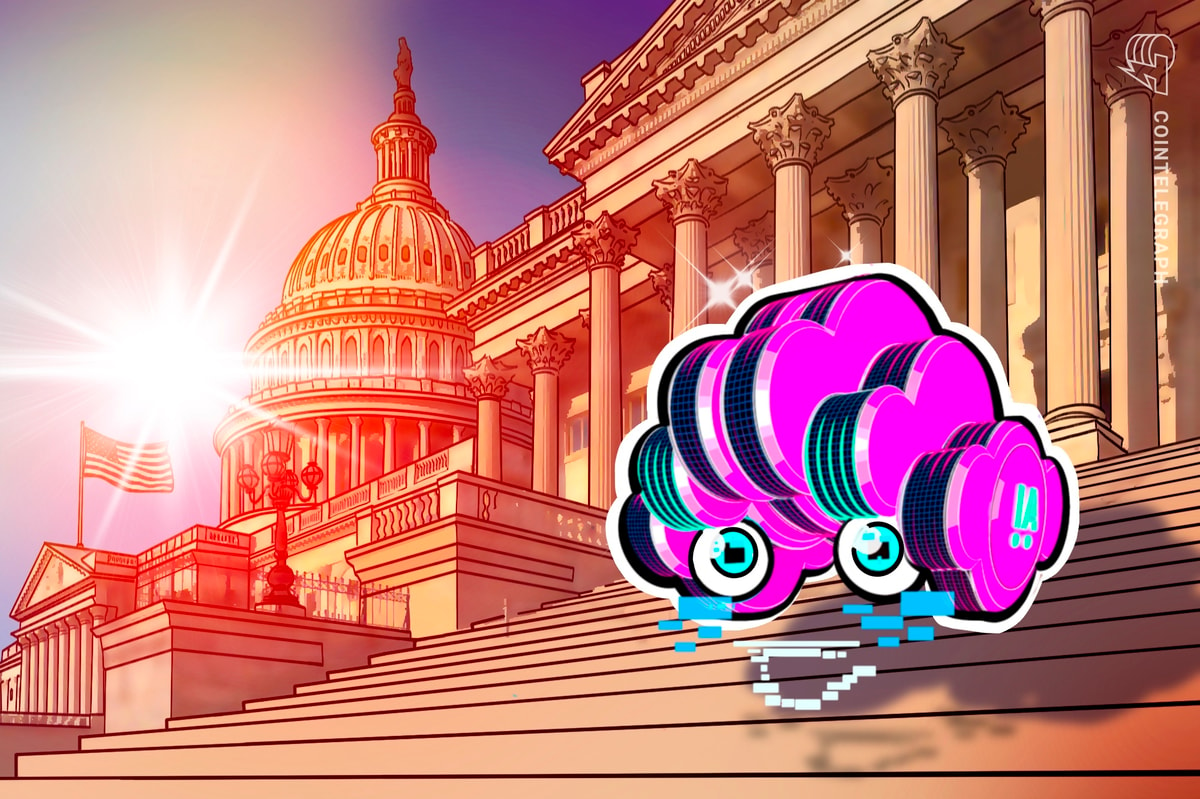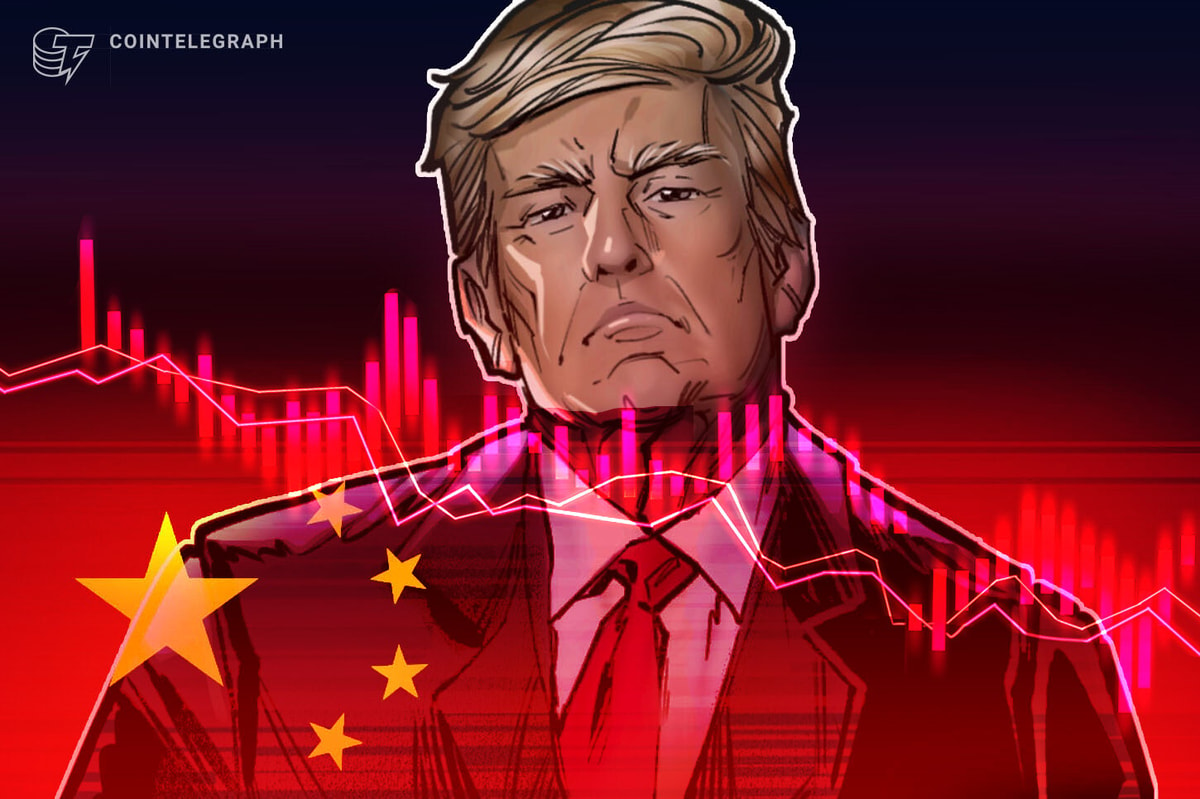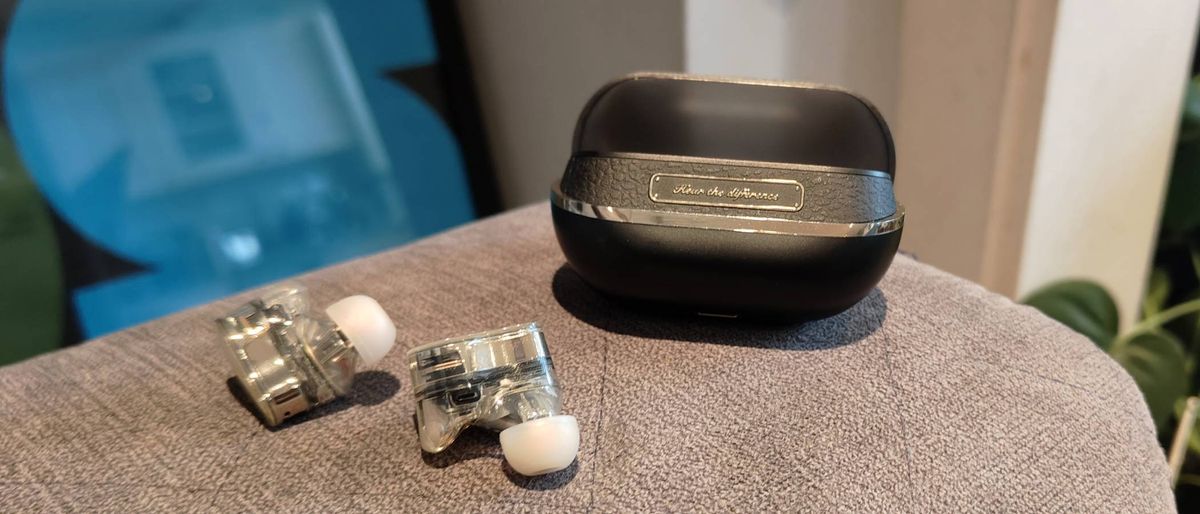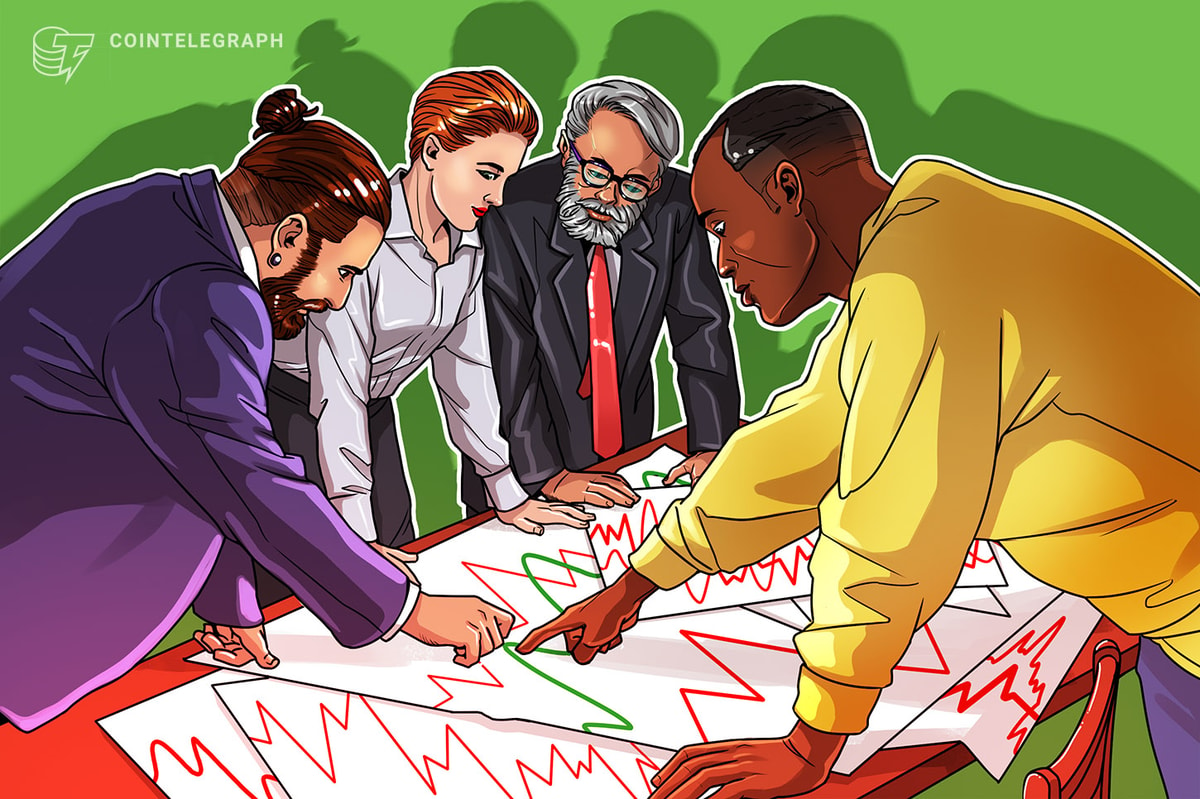Last spring, Austin Federa was eyeing up a new property in Brooklyn, New York. After passing an initial round of vetting for a mortgage with HSBC, he put in an offer, eager to avoid getting beaten to the punch. But then the bank began to ask about his job.
Federa worked as head of strategy at the Solana Foundation, a nonprofit in the cryptocurrency industry, he told HSBC. That didn’t go down well: After repeated delays and back-and-forth, the bank said it would grant the mortgage only if Federa left his job, he claims.
Federa was dumbstruck: “The guy explicitly told me: ‘It’s because of crypto,’” he says. “How could I be a more attractive person to lend to as someone who is unemployed?” HSBC did not respond to a request for comment.
In crypto circles, tales of difficulties in securing loans, banking, and other ordinary financial services in the US are common. Multiple firms report being stonewalled by tens of different banks before finding one willing to provide a checking account; others say banks have closed their accounts at short notice, sometimes without giving a reason.
That’s a major problem: Without a banking partner, crypto firms cannot accept dollars in exchange for services, store funds raised from investors, nor pay employees or vendors. Their quest to build a peer-to-peer financial system free of rent-seeking intermediaries is dependent, inconveniently, on an accord with those same intermediaries—the banks.
Large US banks have been reluctant to do business with crypto firms for many years; in 2017, JP Morgan CEO Jamie Dimon described bitcoin as “fraud.” But during the Joe Biden administration, members of the industry—with crypto venture capitalist Nic Carter leading the chorus—began to cry conspiracy. The federal government was deliberately trying to destroy crypto businesses by surreptitiously cutting them out of the banking system, they claimed.
In the end, Federa managed to secure a mortgage with Citizens Bank, which he had been speaking to at the same time as HSBC. Though his friends were sympathetic, they were largely skeptical of the idea of a conspiracy to debank crypto. “They thought it must have been an anomaly,” says Federa.
However, under the Donald Trump administration, the debanking allegations are being taken seriously by Congress. In early February, both the House Committee on Financial Services and the Senate Banking Committee held separate hearings on the topic, at which crypto executives testified. The hearings mark the start of an inquiry into Operation Chokepoint 2.0, the term widely used to describe the alleged anti-crypto conspiracy, coined by Carter.
“Consider what happens when a bank refuses to provide services to your company at the direction of a bank regulator,” said Republican congressman French Hill, chair of the House Committee on Financial Services, at one of the hearings. “That is exactly what was happening under the Biden and Harris policy of Chokepoint 2.0, which nearly severed the digital asset ecosystem from financial institutions,” he alleged.

 7 months ago
81
7 months ago
81








 English (US) ·
English (US) ·